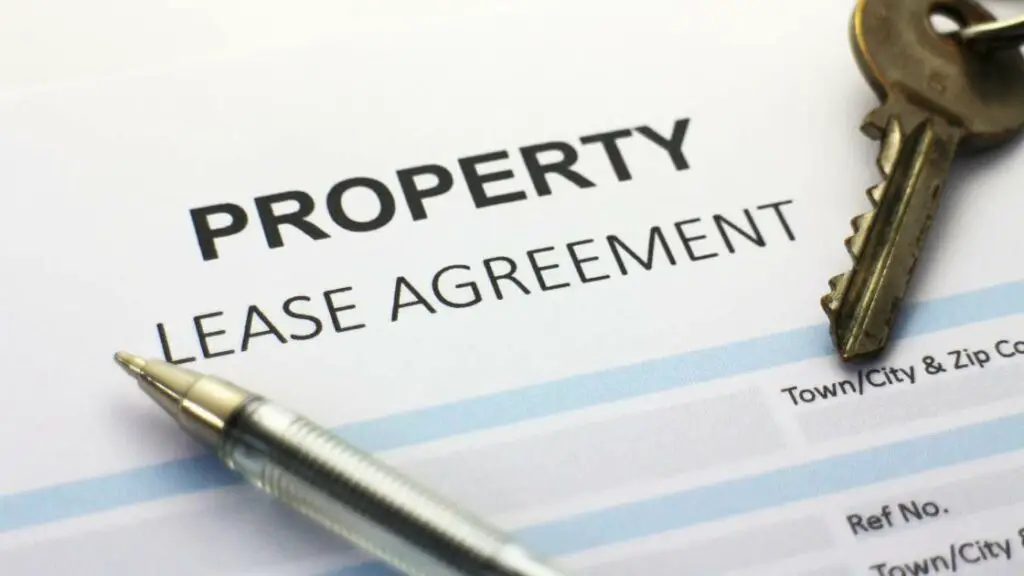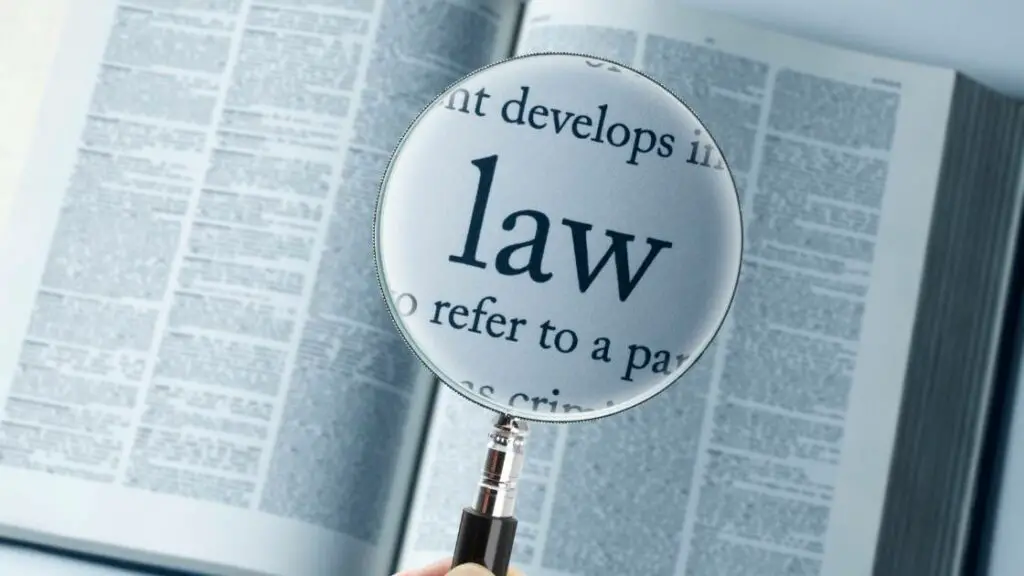Does your landlord seem nosy or even creepy, and are you worried that they will touch your stuff without your permission?
It’s a legitimate concern.
Landlords come in all forms, and some are not as polite and respectful as they should be when it comes to someone else’s property.
In this article, I am going to answer whether a landlord is allowed to touch your personal property and discuss the key legal principles governing this issue. I will also cover how to best deal with a landlord who does this and provide some tips to prevent such behavior going forward.
If you don’t have the time to read through it all, here’s a short answer to the question:
As a general matter, landlords are not allowed to touch your personal property without your permission. However, there are some notable exceptions to this rule, including in cases of emergency, repairs and maintenance, evictions, or if they reasonably suspect you have abandoned the dwelling.
Ok, let’s get into it.
The information contained in this post is for informational purposes only. It is not legal advice. You should seek the advice of a qualified legal professional before making any decisions relating to the topics covered by this article.
We may earn commissions from products and services that are purchased or recommended through our website as part of our affiliate partnerships. As an Amazon affiliate, we may earn from qualifying purchases.
Step 1: Review Your Lease

If you are wondering about the scope of a landlord’s rights, the first place to look is your lease agreement.
After all, it is the definitive contract between the two of you and generally lays out the rights and obligations that each of you has toward the other in connection with the rental arrangement.
So take a close look at the lease and see if it discusses this issue (or related issues).
In most cases, you will not see a provision that simply states that a landlord may not touch your stuff, but you will often see provisions around the landlord providing notice before entering, the frequency of periodic inspections, and when they can enter the dwelling in cases of repairs, maintenance, or emergencies.
It may even address when they can come in and remove your belongings in the event of suspected abandonment.
But if your lease is unclear or even silent on the issue, then you will need to review the laws applicable to this issue. Let’s turn to that.
What Does the Law Say About a Landlord Touching Your Property?

The law is pretty clear that, as a general matter, you have a right to privacy and quiet enjoyment in your home.
For example, the right to quiet enjoyment (which is recognized in nearly all jurisdictions) prohibits a landlord from disturbing your beneficial enjoyment of the premises, even if that right is not spelled out in the lease. Source.
Obviously, entering your property and touching your belongings without consent or a valid reason is not in line with this.
So you are well within your rights to object to this behavior if this is happening.
Of course, we are not talking about incidental contact, like stepping on your rug or pulling back your shower curtain to look at the condition of the tub.
We are talking about truly intrusive behavior, such as rooting through your dresser or opening up a closed chest to see what is inside.
And it is worth noting that touching your belongings (even in a manner that is not incidental) is actually permitted in certain cases. Let’s now discuss the exceptions to the rule.
Exceptions to the Prohibition Against Touching Your Property
There are a number of notable exceptions to this rule.
While states and localities may vary on these exceptions (i.e., some will not recognize one or more of them or will interpret them differently), these carve-outs are fairly widely accepted across jurisdictions.
Maintenance and Repair

If your landlord (or their technician) needs to make repairs or perform maintenance, they will usually have the right to move personal belongings that block or impede the work from getting done.
Of course, they should not damage your property in the process and should move your belongings back to their proper place once the work has been completed.
In many cases, there are also rules around how much notice a landlord must provide before repairs or maintenance work is conducted, so you should be mindful of that as well.
So if you suspect that your landlord may exceed the scope of what they are allowed to do when it comes to your stuff, getting that prior notice and being present for the appointment can be a great way to keep an eye on their behavior.
Emergencies
A landlord will usually have the right to move your belongings in the event of an emergency, such as a fire, flood, gas leak, or water leak that threatens the safety or health of people or the integrity of the building.
In these cases, prior notice may not be possible and immediate action may be required. The key priority in these situations is making sure that people and property are protected and preserved.
Abandonment or Eviction
If a landlord suspects that the tenant has abandoned the property (or if the tenant has told the landlord as much), then the landlord will have the right to remove any belongings that were left behind.
Of course, different states and localities may have different requirements on this, but as a general matter, a tenant’s belongings can eventually be removed and disposed of if they have abandoned the dwelling.
A similar principle applies in the event of an eviction. Assuming that the landlord has properly followed the eviction process for their jurisdiction, they can forcibly remove the tenant and their belongings if the tenant refuses to vacate the property.
Of course, in most cases, the landlord must use proper channels to do so, which often involves appointing law enforcement to handle the task.
As mentioned above, these are general exceptions, but the rules in your state or municipality may be different, so it would make sense to familiarize yourself with them (or have a lawyer help you navigate through it).
If you prefer to have a lawyer assist you, I would try JustAnswer. They boast access to thousands of highly-rated, verified real estate lawyers whom you can connect with via their unlimited chat service.
By clicking the banner below, you can get a one week trial membership for only $5, which you can cancel at any time.

What Should I Do If My Landlord Is Violating My Rights by Touching My Belonging?
The first thing you should do is inform the landlord that their behavior is unacceptable. You can be polite but firm about this. It’s best to have a calm and rational conversation about this.
In many cases, your landlord might not even be aware that they are doing something that is disturbing to you.
Of course, you should also be mindful that none of the exceptions we just discussed apply (you will likely need to do some research on this or have a lawyer help you).
If the landlord continues the behavior or disagrees, then you may need to escalate matters.
First, you should document the behavior so you know the date, time, and exact actions that the landlord took.
Then you should consult with a tenants’ rights organization or a lawyer specializing in landlord-tenant law, so you can get some advice on how to proceed.
Conclusion
In conclusion, while your rented home is technically owned by the landlord, it’s your personal space.
Thus, landlords generally cannot touch your stuff without your consent or without legitimate reasons.
Knowing your rights as a tenant can empower you to maintain your privacy, enjoy your space, and foster a healthy landlord-tenant relationship based on respect and mutual understanding.

